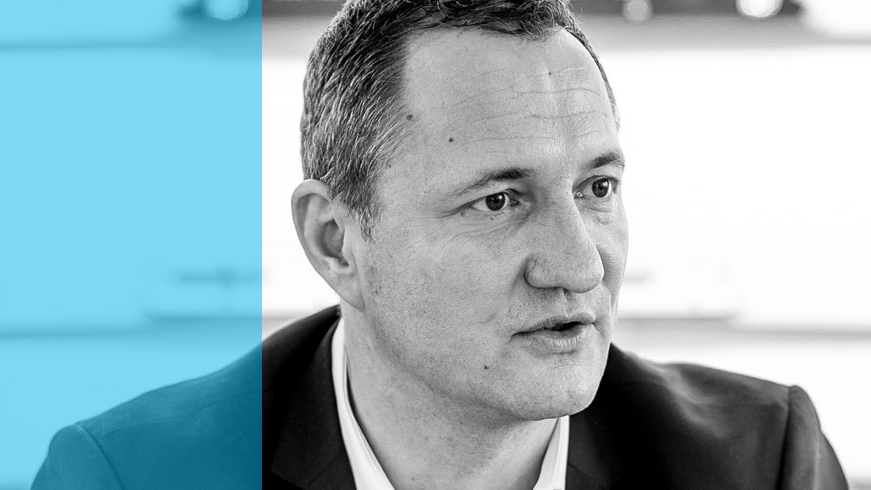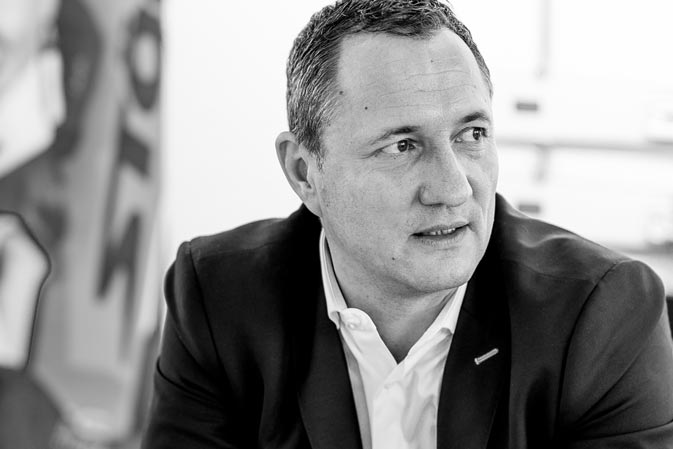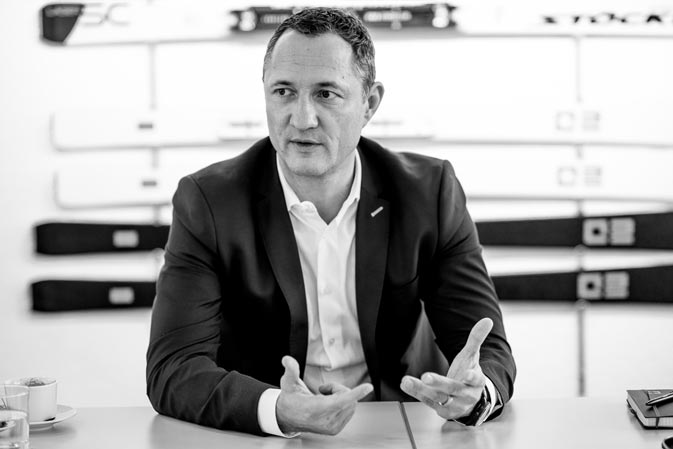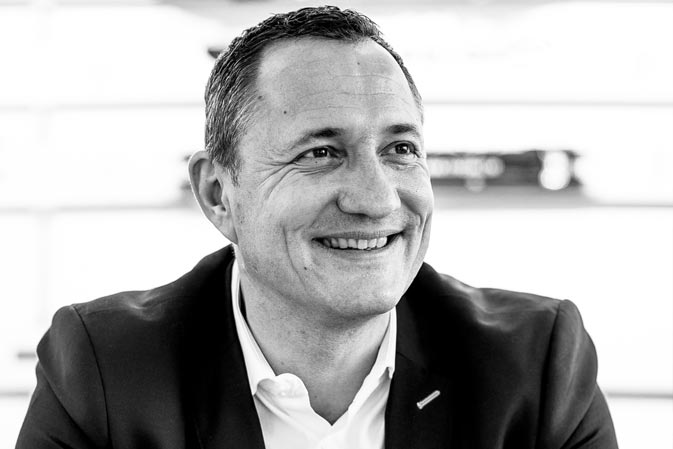echo-interview with Marc Gläser, CEO of Stöckli Swiss Sports AG
elipsLife echo: Mr Gläser, Stöckli AG can look back on 80 years of skiing tradition. Since then you've also entered the market for bikes and other outdoor goods. How would you define the Stöckli brand today?
Marc Gläser: Founded in 1935, our company has quite clearly positioned itself today as a manufacturer of skis, textiles and bikes with its own, strong sales organisation. We're not only the sole ski manufacturer in Switzerland but also one of the leading sports retailers with 14 of our own stores.
Why should skiers and bikers buy Stöckli goods?
Stöckli offers products of superb quality. Our skis are manufactured exclusively in Switzerland and with their ''made in Switzerland" hallmark represent all the quality attributes you associate with our country, namely precision, longevity and innovation. And for years now, our products have been scoring successes at the Ski World Cup completion. So there are numerous reasons why you should choose Stöckli. The Stöckli brand belongs in every household, just like other typical Swiss products such as Rivella, Ricola or Elmex.
Compared to the big ski manufacturers, Stöckli is a niche player. How does your company hold its own in competition with the major foreign companies?
We need to differentiate here. In Switzerland, I don't see Stöckli as a niche player. In volume terms we're in third place. And when you look at skis costing more than 800 Francs, the high-end segment we concentrate on, we lead the field even. Here, with our market share of around 35%, we're one of the big players. Swiss consumers appreciate and value goods produced in their domestic market. This is a real home advantage for us.
So you're successfully playing the Swiss card?
Recent surveys have shown that among male consumers over 40, "Swissness" has become an important topic again. And I can't imagine there's a company out there that's more Swiss than we are. We probably offer more "Swissness" than any other domestic firm. This starts with the basic materials we use which, where possible, are always sourced in this country. We at Stöckli do not talk of a "factory" but rather of a "manufaktur", a term emphasizing products made by hand. Our highly trained professionals fashion skis with great craftsmanship, passion and dedication. For us, our manufaktur, our handicraft, is synonymous with Swiss made, something we're very proud of.
Abroad, too, "Swiss made" has a special significance. I recognized this fact during my time in the watch industry. It's a term associated with quality, innovation and precision; but also with honesty, a cosmopolitan mindset, multi-lingualism and democracy in the sense of finding solutions through consensus. All these attributes have positive connotations.




